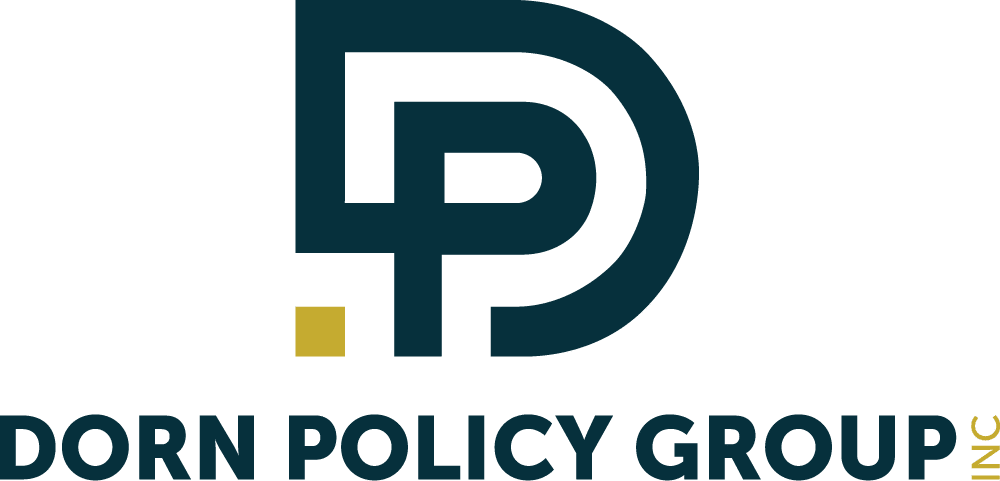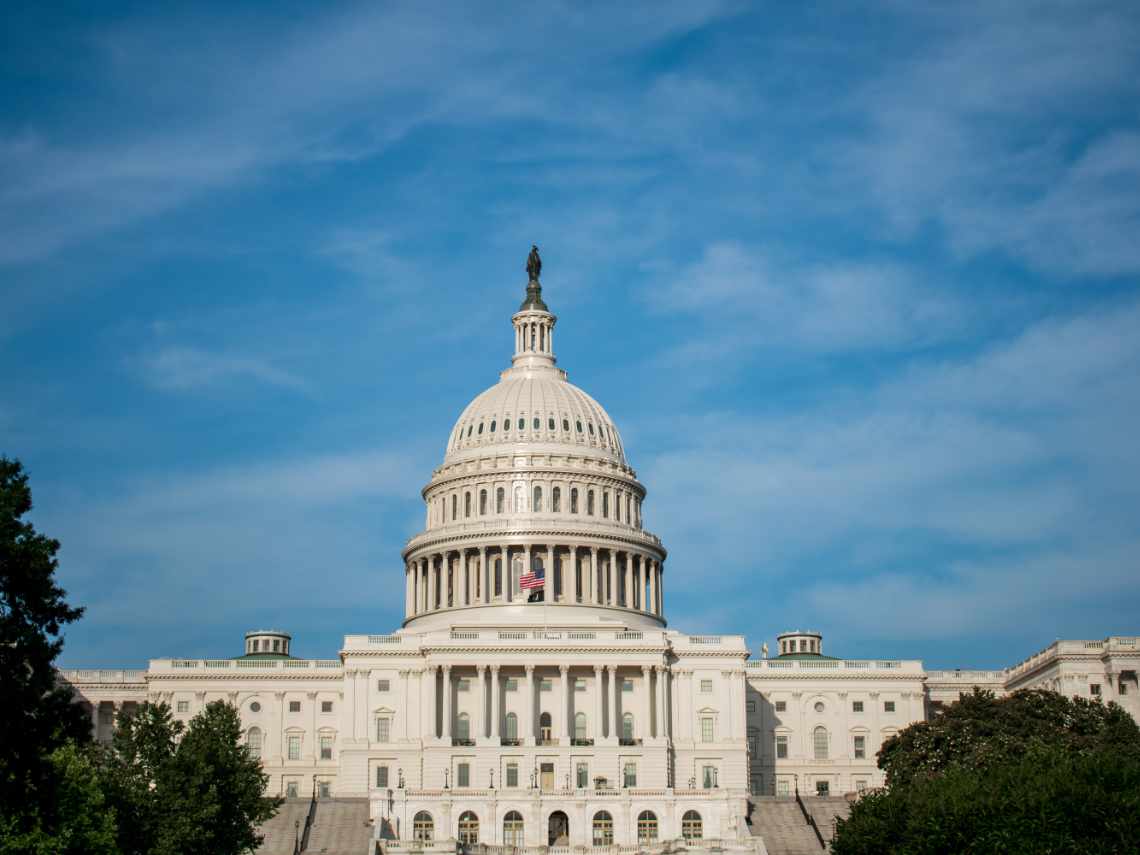Arizona is a hotbed for tourism between its beautiful range of recreation areas, annual spring training excitement, and year-round comfortable weather. Unfortunately, the COVID-19 pandemic completely stalled the state’s tourism industry and changed many people’s vacation plans to the Grand Canyon state. Now that we’re leaving the clutches of the pandemic, will tourism recover in Arizona?
Dorn Policy Group, Inc. is one of Arizona’s leading government relations firms. We specialize in providing strong advocacy to obtain the results our clients want. We work closely with our clients to ensure they’re represented in the best possible light to our elected officials. Read our article below to learn how Arizona tourism is recovering in a post-COVID world.
How Did COVID-19 Impact Arizona Tourism?
According to the Arizona Office of Tourism’s report, travelers spent nearly $15 billion in Arizona in 2020. While that number does seem like a lot, it may be a surprise to learn that it was down 41% from the previous year. The report also indicates that the decrease in spending resulted in a 28.1% decline to $2.7 billion in tax revenue.
These numbers indicate something that we all already understood: the tourism and hospitality industry was hit especially hard. Even with the support of the CARES Act, earnings will still be much lower than in previous years. In July, Governor Doug Ducey announced $101.1 million in federal relief money from the American Rescue Plan to be allocated for tourism marketing, local community programs, event support, and outdoor recreation improvements with a program called the Visit Arizona Initiative.
How is Tourism Recovering?
While we likely won’t be seeing strong numbers like we were before the pandemic, we should see an increase when compared to 2020. The Arizona Office of Tourism states that the tourism industry is finally bouncing back as more people become vaccinated and businesses start to open back up. However, the tourism industry is facing another crisis – staff shortage. According to many hotel and resort owners, the biggest concern they have right now is finding good employees.
Arizona Tourism Needs an Advocate: Dorn Policy Group, Inc. is Here
As one of the leading Arizona government relations firms, we know how important it is to be noticed by key elected officials and community leaders. With such a large, diverse community in Arizona, it can be difficult getting your voice heard.
Dorn Policy Group, Inc. ensures your cause is amplified and that you benefit from strong government relations and proper support from your elected officials. Contact us today and learn how we can help you.










